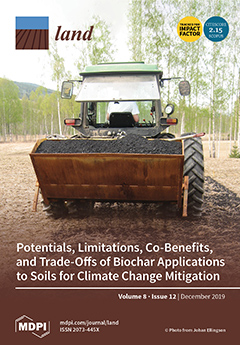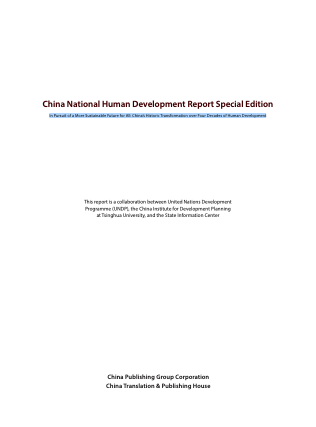Climate Services for Resilient Development (CSRD) Partnership’s work in Latin America
The Climate Services for Resilient Development (CSRD)
Partnership is a private-public collaboration led by USAID,
which aims to increase resilience to climate change in
developing countries through the development and
dissemination of climate services. The partnership
began with initial projects in three countries: Colombia,
Ethiopia, and Bangladesh. The International Center for
Tropical Agriculture (CIAT) was the lead organization for
the Colombian CSRD efforts – which then expanded to



